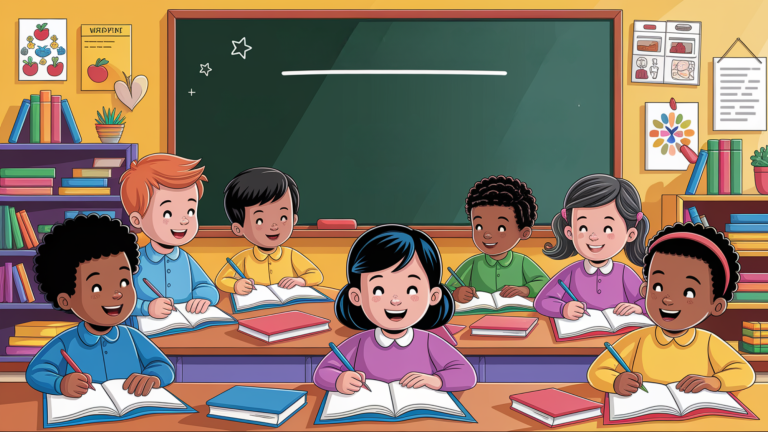Online Tutoring or Traditional Classes: Which Works Best?

The way we learn has changed a lot in recent years. Families are no longer limited to the classroom when it comes to education, and more students are turning to online tutors for support. But how do you decide which one works best?
Let’s look at what both options offer so you can choose what fits your child’s needs. Keep reading to find out which approach could make the biggest difference.
Understanding the Core Differences
In a typical school setting, pupils follow a fixed schedule with one teacher covering a whole class. The pace is set for the group, and it’s not always easy to get individual help when it’s needed.
Online tutoring, however, gives space for one-on-one attention. Sessions are usually tailored to the student, allowing them to spend more time on topics they find tricky. It doesn’t replace school but it’s a great way to build on what’s already being taught.
When Online Tutoring Has the Edge
The real strength of online tutoring lies in how flexible it is. You don’t need to worry about travelling or fitting lessons into a tight timetable. You just log in from home and get started. That makes it much easier to keep lessons regular.
If you’re looking for help in a specific subject, like finding a tutor for GCSE English, online platforms give you direct access to qualified teachers who know the curriculum inside out. You also have the chance to choose who you work with. If a tutor doesn’t feel like the right match, you can easily try someone else without any disruption.
The Value of the Traditional Classroom

Schools offer more than just academic lessons. Being in a classroom helps children learn how to work with others, follow a routine, and take part in group discussions. These are important experiences, especially for younger pupils.
There’s also something to be said for face-to-face interaction with teachers and classmates. It gives students a chance to ask questions in real time and hear how others approach the same tasks.
Support and Personalisation
Teachers in schools work hard to support every pupil, but with large class sizes, it’s not always possible to give detailed attention to everyone. Some students might find it hard to speak up when they’re stuck or need more time.
With online tutoring, that pressure is lifted. The one-to-one format means students can ask questions freely, go over tricky topics again, and learn in a way that suits them. Over time, that can lead to stronger understanding and better confidence.
Cost and Accessibility
Private tutoring used to mean high prices and long commutes. Now, online lessons tend to be more affordable, and there’s no travel involved, just a laptop and a good connection. That also means families outside big cities can still access quality support.
Because lessons are easier to schedule, students are more likely to stick with them week after week. That kind of consistency often brings the best results.
Ready to Take the Next Step?
If you’re thinking about extra learning support, trying a free intro session with an online tutor is a great place to start. You’ll get a feel for how it works and whether it’s the right fit for your child. It’s a low-pressure way to explore personalised learning, build confidence, and see if online tuition suits your schedule and goals.






